Though grief is lonely, none of us were meant to grieve alone.
This article, adapted from the book Shattered: Surviving the Loss of a Child, presents the concept of a Grief Recovery Team. No matter what our loss, we need helpful, supportive people around us.
“Thanks to other people, I’ll make it. It takes a team of brave hearts to help someone survive the loss of a child,” Marge shared.
Marge’s daughter Cassandra was her middle child. She grew up feminine and frilly, with a large dose of spunk under the surface. She married her high school sweetheart and had two girls of her own.
Things went well until cancer struck. The disease process was hard on Cassandra’s marriage and family. Her decline was excruciating to watch. She died peacefully in her sleep. She was 38.
“Cancer took my girl’s life, but it couldn’t steal her heart,” Marge said. “This is the hardest thing I’ve ever been through. I’m glad I’m not alone.”
A VARIED SUPPORT SYSTEM IS HELPFUL
None of us are designed to go through grief alone. We need each other. All of us need a support system of the right people. Everyone can benefit from having a good Recovery Team.
We’ve said before that people make all the difference in our grief process, one way or another. It’s healthy and healing to get around people who are helpful to us in our grief process and limit our exposure to those who aren’t. Having a good support system can make this a little easier.
Safe people
We all need safe people in our lives. We need people who will accept us where we are and walk with us through this wilderness. We need people with whom we can share our hearts.
Physician
We need a medical doctor we respect and trust. Since grief pounds us physically, most likely some weird symptoms or health concerns will pop up. Having someone in our corner who can help distinguish what needs to be addressed and how can be a relief and a comfort.
Grief professional
The emotional impact of this loss can be devastating. Having a grief counselor or mental health professional we can touch base with is key. We can benefit greatly from the training, experience, and expertise of a specialist who serves people in situations like ours.
Spiritual mentor
Our faith and spiritual life is also impacted. Having a spiritual mentor available during this time is a huge asset. Whether a minister, pastoral counselor, or someone of deep faith experienced in these matters, they can provide comfort and perspective at a time when we desperately need both.
Fellow grievers
We also need to rub shoulders with people who know grief—especially child loss. We usually find these people in support groups. Some of them, however, find us first. Those who have experienced the death of a child are sometimes naturally drawn to each other.
We need different voices at different times. We need different expertise for difficult and complicated issues. We might not contact some of them very much—maybe even not at all—but knowing that they’re there and available is huge.
Having good people waiting in the wings is part of taking care of ourselves during this tumultuous time. Having a varied support system in place can help us with the myriad of changes and adjustments that are taking place. A Recovery Team is one more way we can take our hearts seriously and honor the memory of our child.
“I need a good recovery team. Having good people near me makes a big difference.”
Adapted from the Best Book Awards Finalist and Amazon Bestseller, Shattered: Surviving the Loss of a Child.
Question: Do you have safe, helpful people in your life? What do you think of the “Grief Recovery Team” concept? Leave a comment below.
Additional Recommended Resources:
5 Important People You Will Attract in Grief – Dr. Laura
When People Disappear and Disappoint – www.garyroe.com
5 Common Myths About Grief – Thrive Global

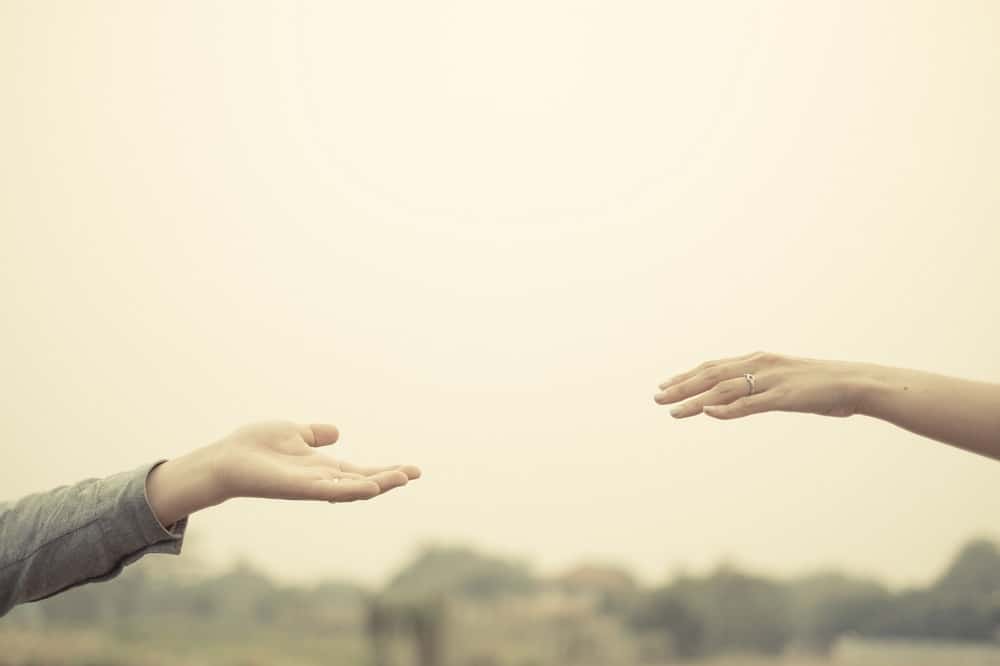

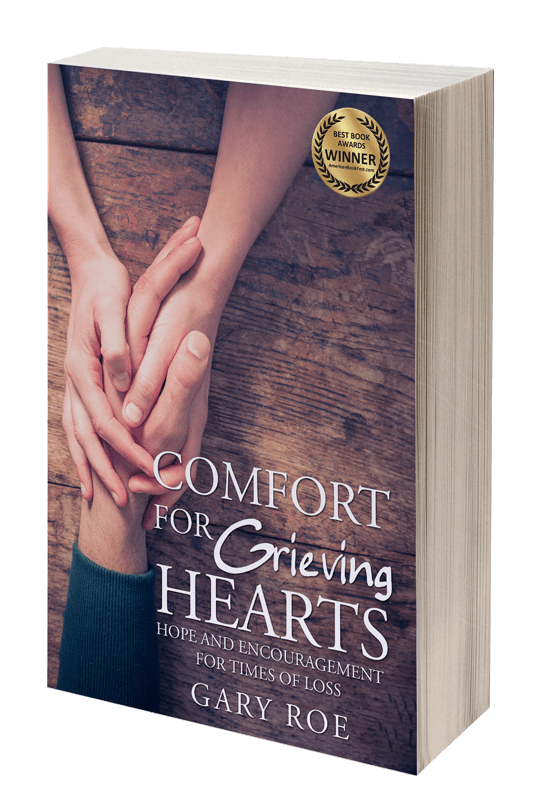
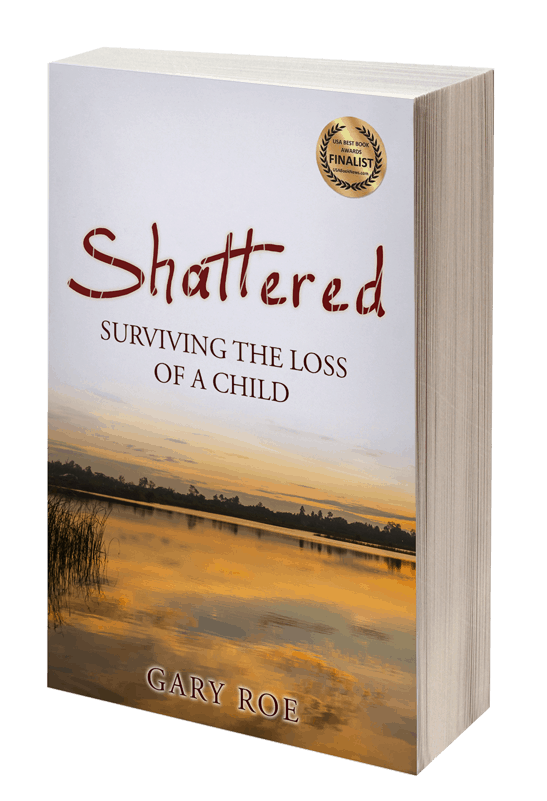
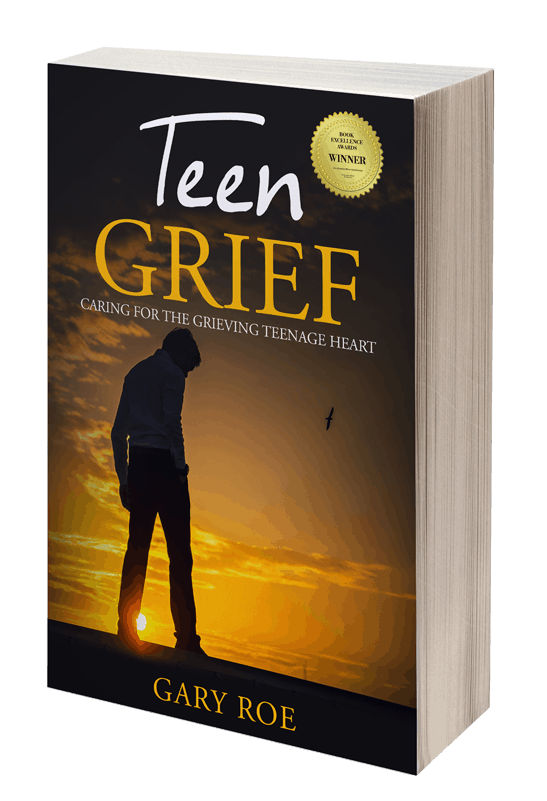
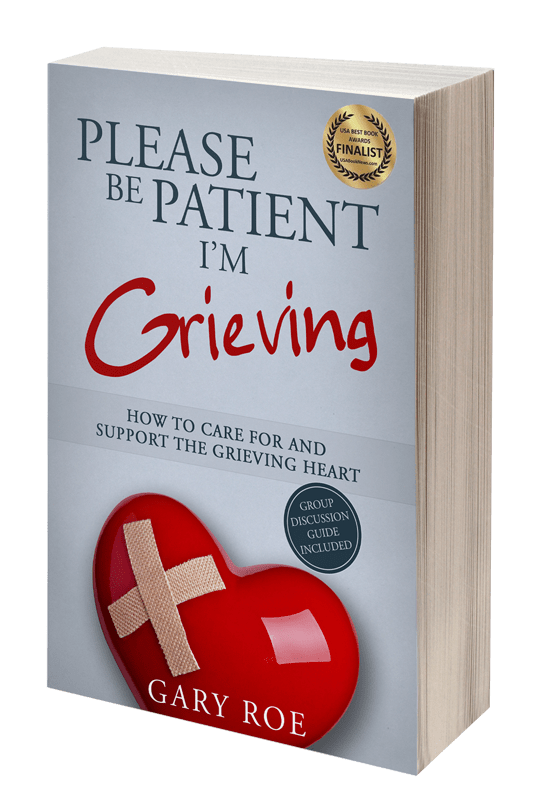
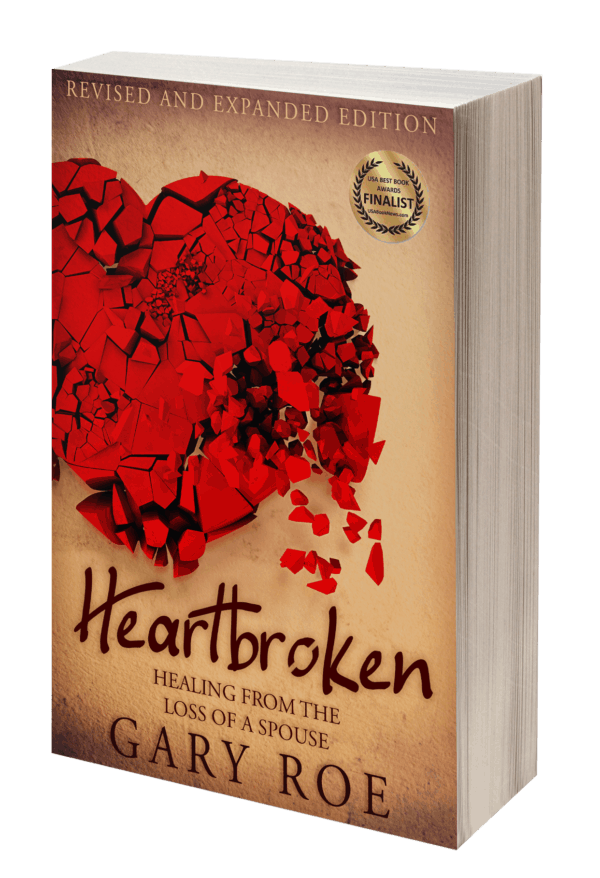
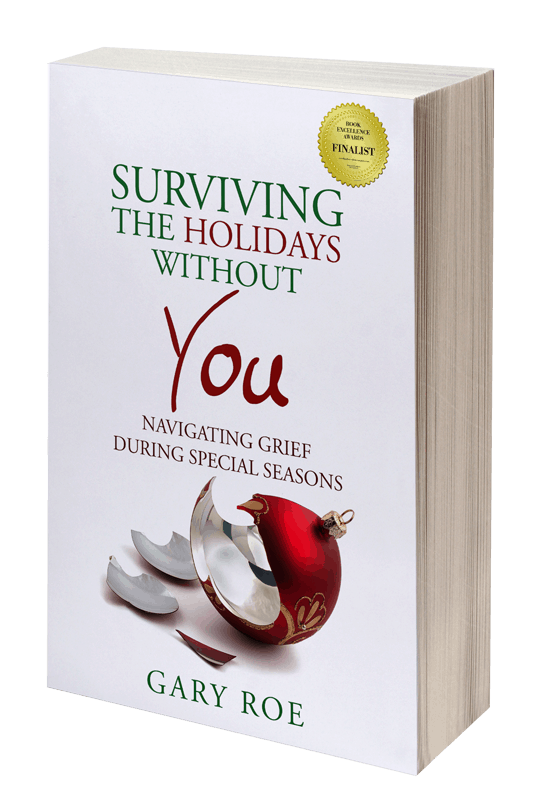
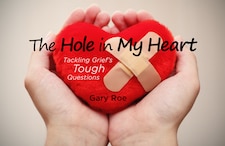
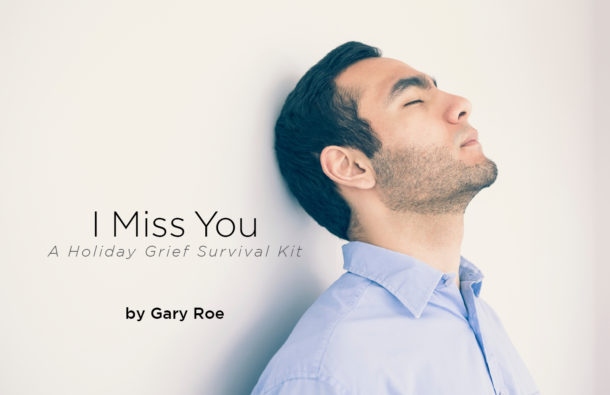
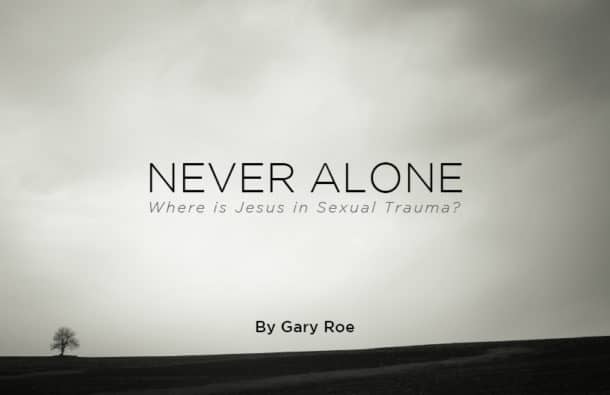
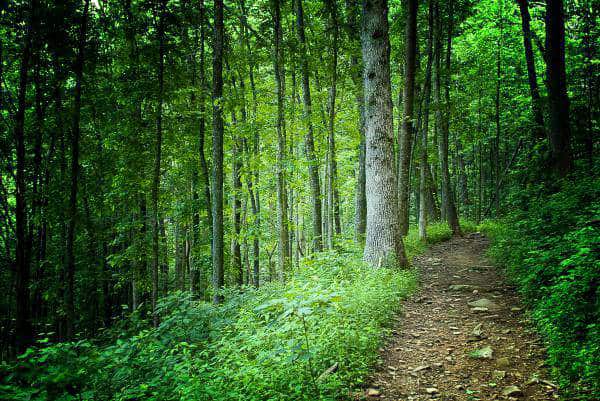
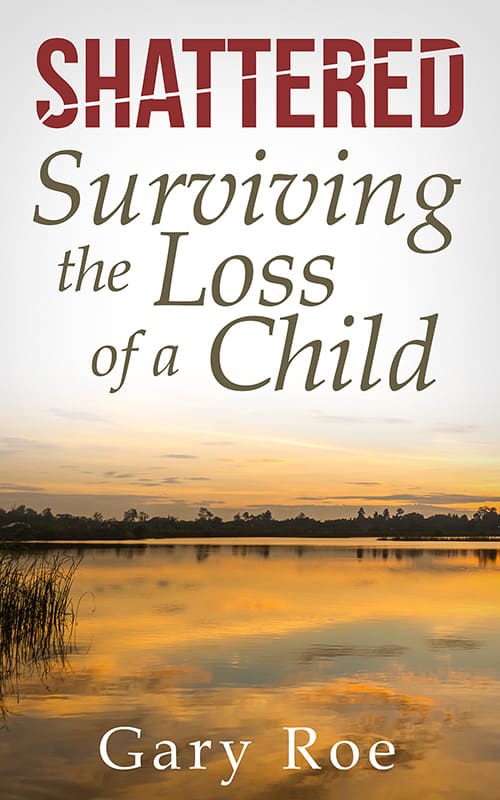
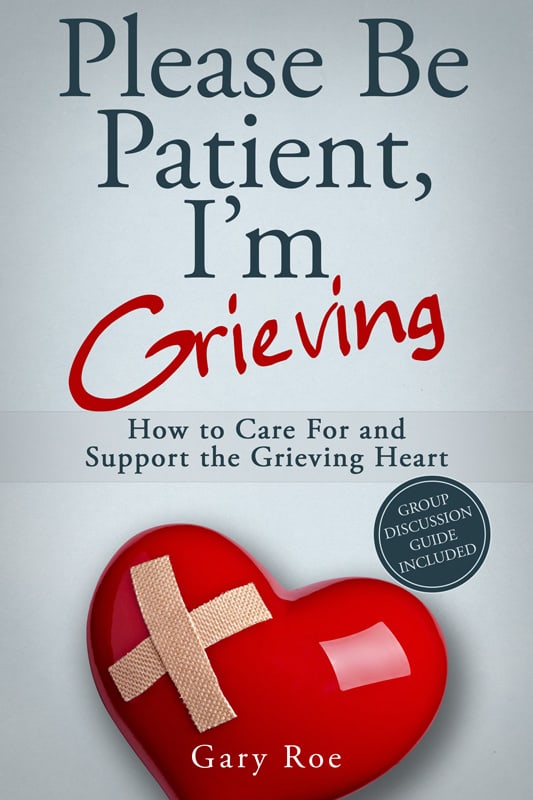
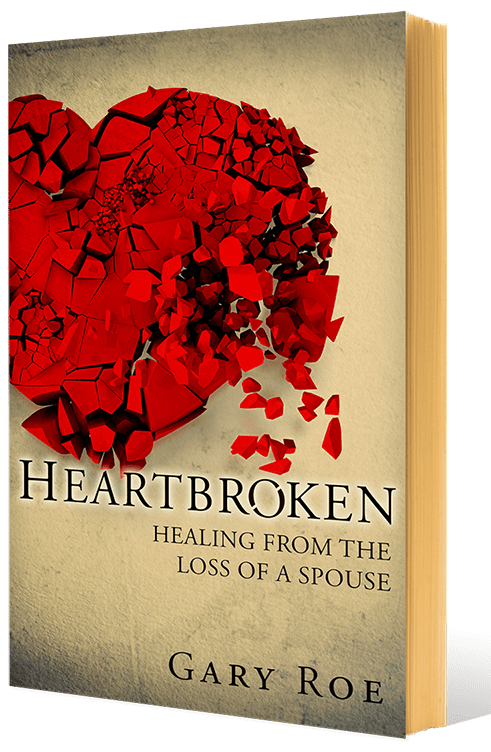
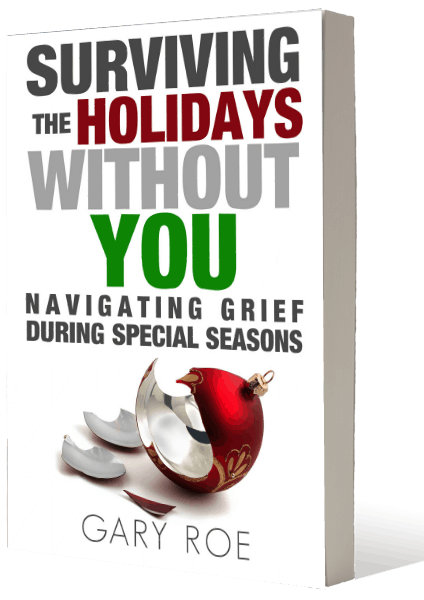
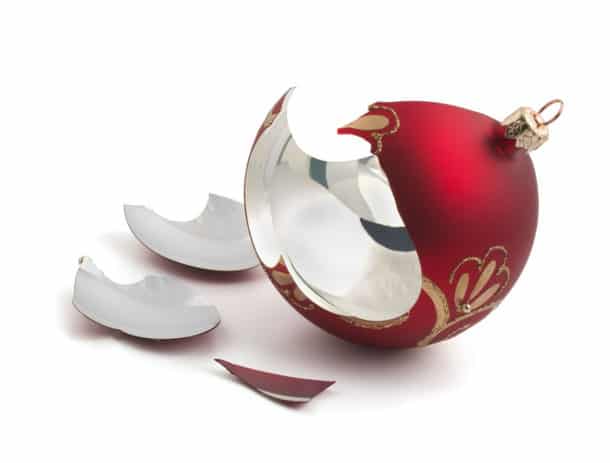
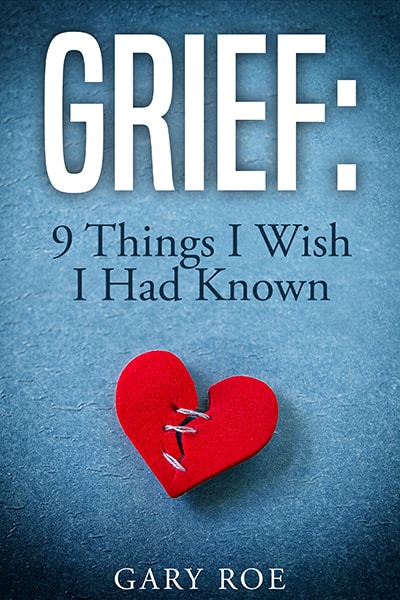
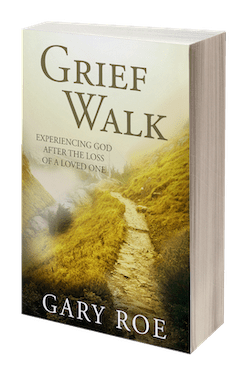
I need this ! I lost my Mom which was awful but then right after my daughter moved 3000 miles away. The two losses , though different , have left me going through the motions of life but not really living.
I have siblings but the pandemic has made seeing them hard , and , they have their own families to to spend time with. They’re very supportive but the isolation is truly getting to me. I have no one to talk to usually and the loneliness swallows me whole. No one can make it better but when I do reach out it’s not reciprocated which makes me stop.
Hi Karen. Thanks for sharing. Ugh. I’m so sorry. COVID has been so isolating for all of us – some more than others. And I’m sorry that when you reach out it’s not reciprocated. You’re right – that’s discouraging and doesn’t exactly make you want to jump at trying again. I’m praying now for some helpful, safe people to come into your life. I’m also hoping for a support group you can be involved in, at least virtually. We all need support. Please be kind to yourself, and reach out any time.
I have no outside support. 8 am an island unto myself.
Hi Caren. I’m so sorry. Isolation is one of the greatest enemy of the grieving heart. Please feel free to write and share any time. If there’s ever anything I can do for I, please let me know. Praying for you now…
Hi Gary,with all due respect,not everyone, like myself can find safe people ,or any grief’buddies’or team,so to speak. Most people I’ve met,even friends,push you to ‘get over it’,and even don’t want you to talk about your deceased loved one. The only real support I have found is online.The people that would have been safe,are deceased themselves. Not everyone can get the help you might be assuming they can,for many reasons,monetarily,as in therapists,counsellors etc.With Covid, you even have to register to go to your own Churc here.Yes,we are all social be ings.And there are many cases,where,even when people have family etc.,their grief is swept clean out the door. Westerners handle bereavement terribly. I feel this should really be addressed by professionals like yourself,also. Thanks.
HI Jo. Thanks for sharing this. You’re right. Thanks for your honesty and for expressing this. Many people are isolated out there – and have no one they can really share with or talk to. And COVID just separated us even more – and indefinitely too. And you’re right about Westerners. We are mostly a “death-denying” culture now. We know death happens, but it usually happens in a facility or far from us. We don’t want to go anywhere near it. Ugh. And so, we don’t have a clue how to handle death and grief – and the grief of others. Thanks again. Blessings to you…